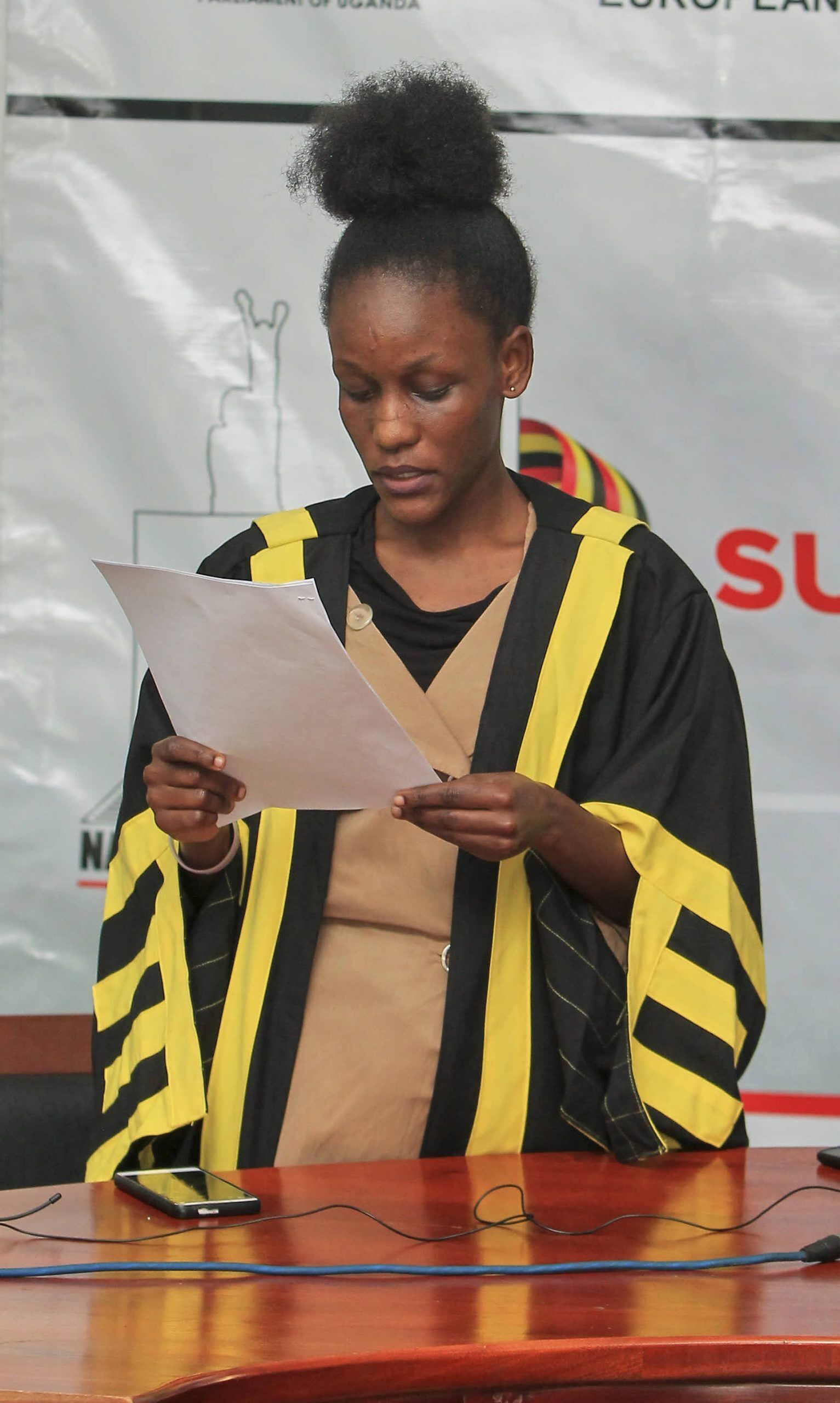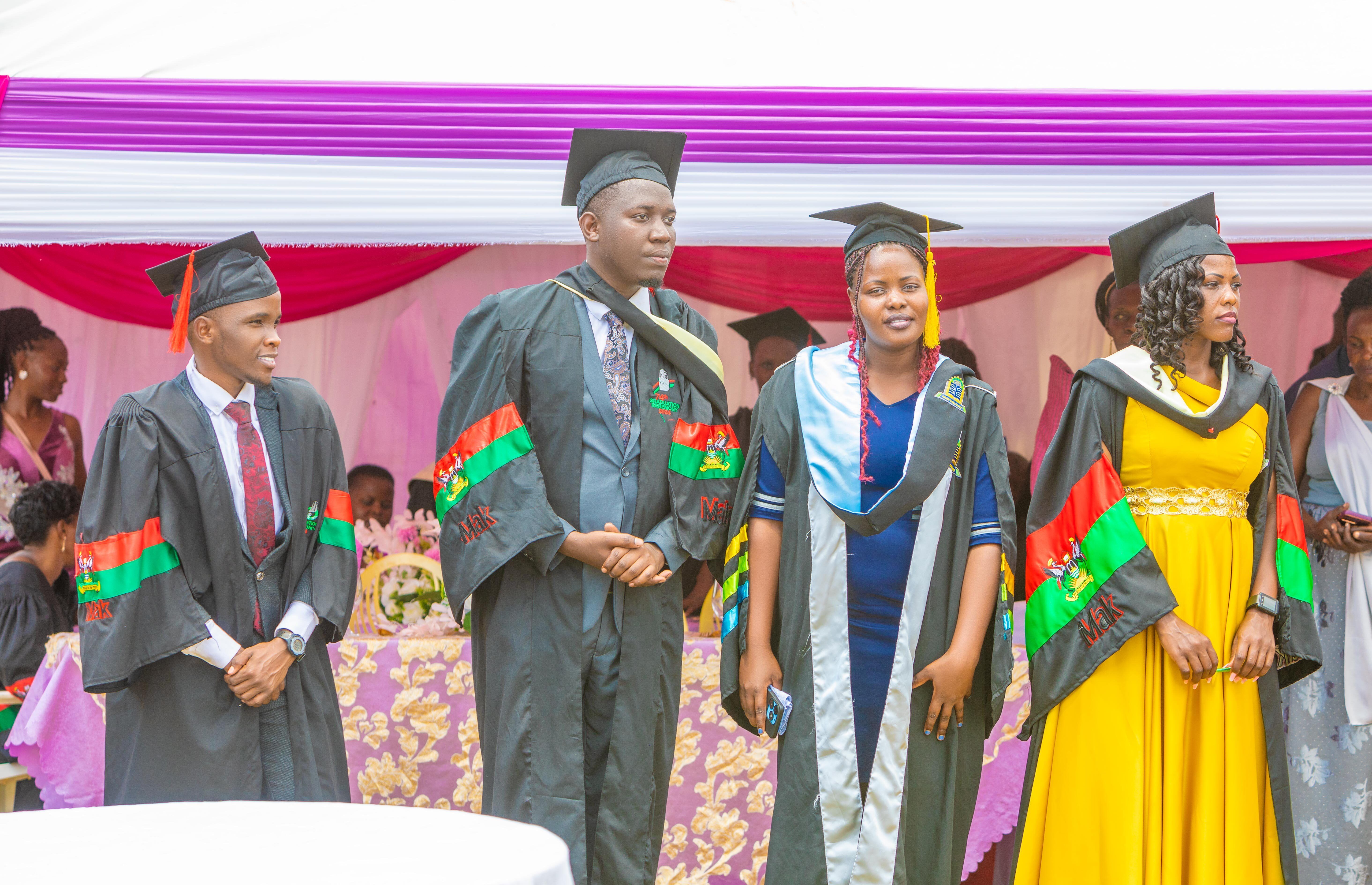
Introduction
The East African Community (EAC) has become a regional bloc with many challenges and opportunities in order to achieve its full potential. One challenge it faces is the fact that some citizens of member states are frustrated by the slow pace at which reforms are being implemented. In order to resolve this, the EAC needs to encourage intellectual discourse, advocacy and dialogue as a means of conflict resolution other than silence which builds frustration and violence.
Development of social norms, values and culture is a key aspect of the preservation of peace.
The EAC needs to encourage social norms, values and culture in order to preserve peace. This is a complex issue that requires a multi-faceted approach. There are different ways of developing social norms, values and culture. The media can play an important role in the promotion of accountability, transparency and accountability. Grassroots action groups also play their part with their advocacy activities on issues affecting them directly such as land rights or access to resources like water, minerals etc
The EAC should promote intellectualism as a means of conflict resolution other than silence which builds frustration and violence
Reportage through the media and grassroots action groups can play an important role in the promotion of accountability, transparency and accountability in order to encourage the development of social norms, values and culture.
Reportage through the media and grassroots action groups can play an important role in the promotion of accountability, transparency and accountability in order to encourage the development of social norms, values and culture. The media is a powerful tool to promote accountability, transparency and accountability. It can be used to advocate for good governance and development as well as promote tolerance and peace between people. It can also be used to promote a just society where all citizens have equal opportunities regardless of gender or ethnicity
This should be undertaken with a view to improving public services delivery, increasing good governance, and institutionalising tolerance to promote a just society.
At the core of this is the need to promote an environment that encourages intellectual discourse, advocacy and dialogue as a means of conflict resolution other than silence which builds frustration and violence.
The EAC should encourage its member states to have an open discussion on contentious issues including the issue of good governance without fear or favour so that citizens can express their views freely in a constructive manner. The role played by civil society organisations in Uganda is well documented. This has enabled them to advocate for social justice issues such as gender equality and human rights among others (Abrahams et al., 2018). There is need for similar advocacy at regional level in order to improve public services delivery, increase good governance, institutionalising tolerance to promote a just society within countries where there may be differences on certain issues such as homosexuality or female genital mutilation (FGM).
The EAC cannot be indifferent to this situation as it reflects negatively on the whole East African community.
The EAC cannot be indifferent to this situation as it reflects negatively on the whole East African community. The leaders must realize that the political, economic and social development of a country depends on its people. Unless we promote a just society through grassroots action groups, advocacy and dialogue as a means of conflict resolution other than silence which builds frustration and violence, there will be no lasting peace in our region.
The media should work hard to ensure that they do not create more conflict between communities by inciting violence through statements such as “EAC should impose sanctions on Kenya” or “we need an intervention by EAC”.
A just society is not a utopia, but it is attainable if we work together as one community to achieve it.
A just society is not a utopia, but it is attainable if we work together as one community to achieve it.
In this context, I have some recommendations for the East African Community (EAC) that can help us achieve this goal. The EAC should encourage intellectual discourse, advocacy and dialogue as a means of conflict resolution other than silence which builds frustration and violence. The EAC should also encourage scholarship on issues of peace and security in the region through research grants to develop academic excellence within its member states. It should also promote collaboration between local organizations working on peace building initiatives so that they can gain access to funding opportunities at regional level rather than compete with one another for resources within the country boundaries only.
Conclusion
If we have learned anything from the current situation in Africa, it is that silence is not a solution. If we want to build a better future for our continent, we must be willing to talk openly and honestly about our problems.


